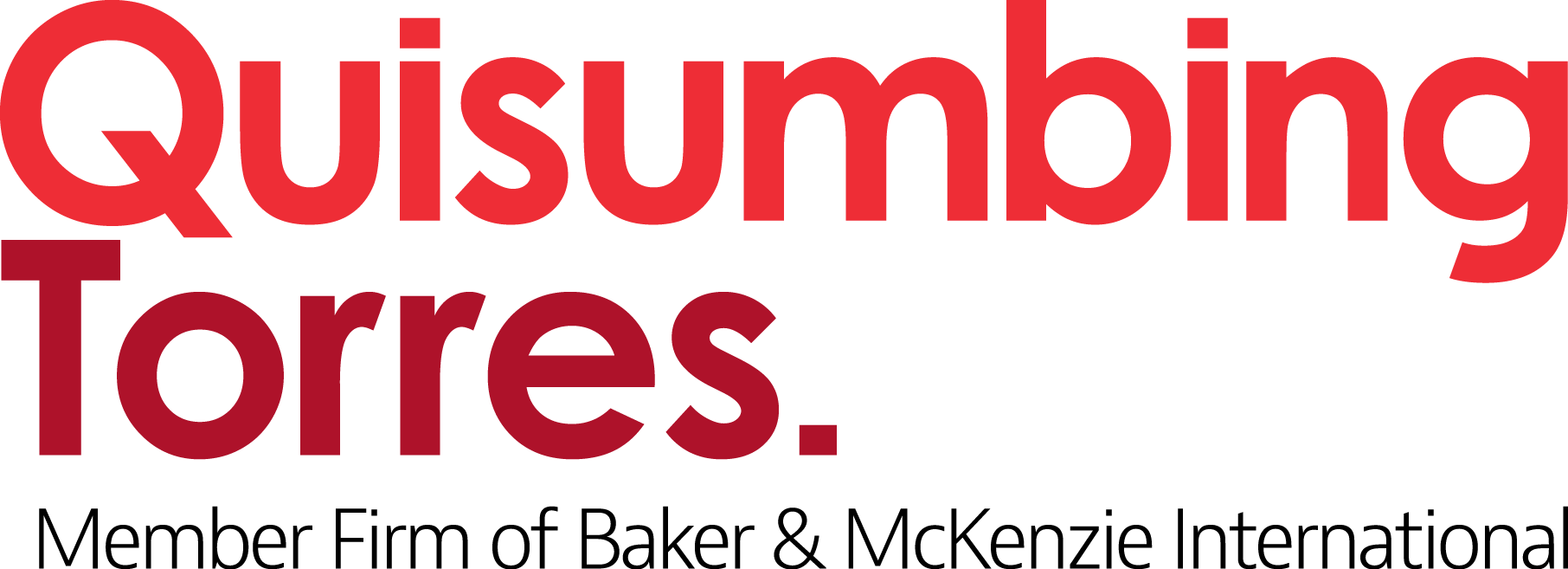The bill, which has been identified as priority legislation by the current administration, seeks to establish a comprehensive framework for water resources management in the Philippines by streamlining the functions of several executive agencies that currently handle overlapping functions relative to water resources.
In more detail
Below are the salient terms of SB 2771:
1. Creation of the Department of Water Resources (DWR): The proposed DWR will be the lead regulatory agency that will serve as the primary policy, planning, coordinating, implementing, monitoring and administrative body responsible for overseeing the development, management and allocation of water resources across the country.
To achieve its intended policy goals, the DWR will absorb existing regulatory bodies, including the National Water Resources Board (NWRB), the Local Water Utilities Administration (LWUA), and the Water Resource Management Office of the Department of Environment and Natural Resources.
2. National framework for water resource management: The bill outlines a national strategy for sustainable water use, conservation and management. In this connection, there will be a National Water Resources Management Plan to guide policymaking and the development and management of all water resources in the Philippines (including general guidance on how these will be supported within an integrated financing framework that can draw on public, private and international development funding sources).
3. Establishment of the Water Regulatory Commission ("Commission"): The Commission will be established as an independent quasi-judicial body responsible for, among others: (a) regulating water utilities and tariff-setting; (b) issuing licenses authorizing water supply, water sanitation and sewerage services; (c) prescribing mandatory terms and conditions for government contracts involving the provision of water supply, water sanitation and sewerage services; and (d) ensuring compliance with standards and the equitable distribution of water resources.
4. Standards attached to licenses: The Commission may impose conditions on issued licenses, including: (a) tariffs, rates and charges that may be imposed on consumers; (b) term of the license; (c) minimum technical specifications and service level standards (such as water pressure, minimum flow rates, connections, billing and metering requirements); (d) expansion targets and service level improvements over time; and (e) restrictions on the transfer of ownership or control over the licensee.
5. Tariffs: The Commission is tasked with establishing tariffs and rates that are fair and reasonable and ensure environmental sustainability, economic viability and a fair return on investment.
6. Direct access: 51% of registered water consumers in a service area may petition for direct access to a new water service provider, subject to approval by the Commission and reimbursement to the existing water service provider.
7. Penalties: The Commission may impose penalties and fines, including rebates, refunds and credits to consumers, against any licensee for a violation of any relevant law, rule or regulation.
Why the Senate bill is relevant to you
If SB 2771 becomes law, businesses engaged in water supply, water sanitation and sewerage services should be ready to face the compliance challenges resulting from the dramatic shift in the government's policy directive and regulatory landscape.
* * * * *

Please contact QTInfoDesk@quisumbingtorres.com for inquiries.
VISIT QUISUMBING TORRES SITE

